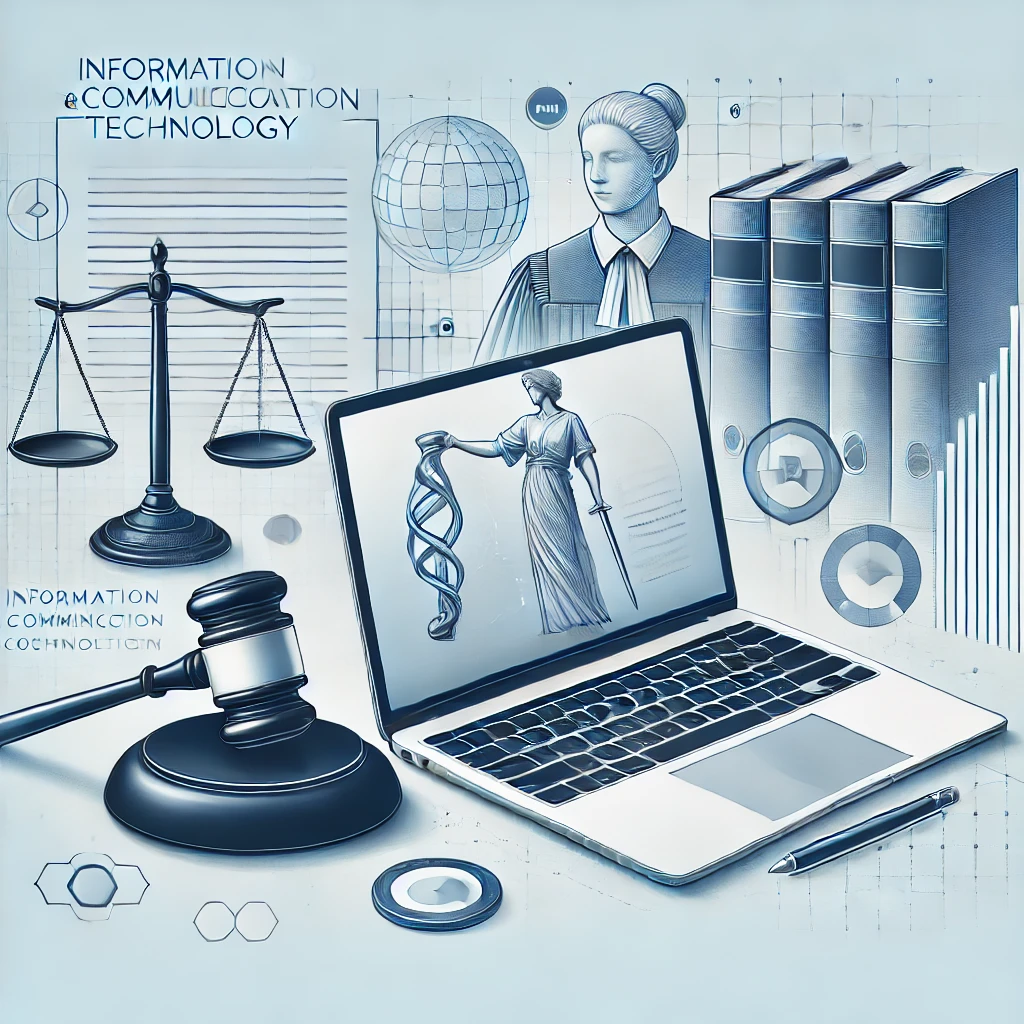Information and Communication Technology Act, 2006: An Overview
The Information and Communication Technology (ICT) Act, 2006 is a landmark legislation in Bangladesh aimed at regulating digital communication, cybercrimes, and electronic transactions. With the rapid growth of technology and internet use, this act was introduced to ensure legal recognition of electronic records and digital signatures, and to address crimes committed in cyberspace.
Key Objectives of the ICT Act, 2006
- To provide legal recognition to electronic records and digital signatures.
- To facilitate electronic filing of documents with government agencies.
- To define and penalize cybercrimes, including hacking, identity theft, and cyber terrorism.
- To promote a secure digital environment for e-commerce and e-governance.
Main Features of the Act
- Legal Validity: Electronic records and digital signatures are legally recognized under the Act.
- Cybercrime Provisions: The Act specifies punishments for crimes like hacking, unauthorized access, cyberstalking, and publishing obscene content online.
- Jurisdiction: Offenses committed outside Bangladesh are also covered if they affect systems or individuals within the country.
- Investigation Authority: Law enforcement agencies are empowered to investigate cybercrimes under this Act.
Amendments and Updates
The ICT Act was amended in 2013 to enhance its effectiveness. The amendment made several offenses non-bailable and increased the range of punishments. However, it has also faced criticism over concerns of misuse and violation of freedom of expression.
Importance of the ICT Act
In today’s interconnected world, the ICT Act plays a crucial role in safeguarding users from digital threats, promoting trust in electronic communications, and fostering a secure environment for digital growth in Bangladesh.
Conclusion
The Information and Communication Technology Act, 2006 is a foundational law for Bangladesh’s digital progress. While it has significantly contributed to legalizing and securing online activities, further reforms and careful enforcement are essential to protect citizen rights and encourage innovation in the digital sphere.



